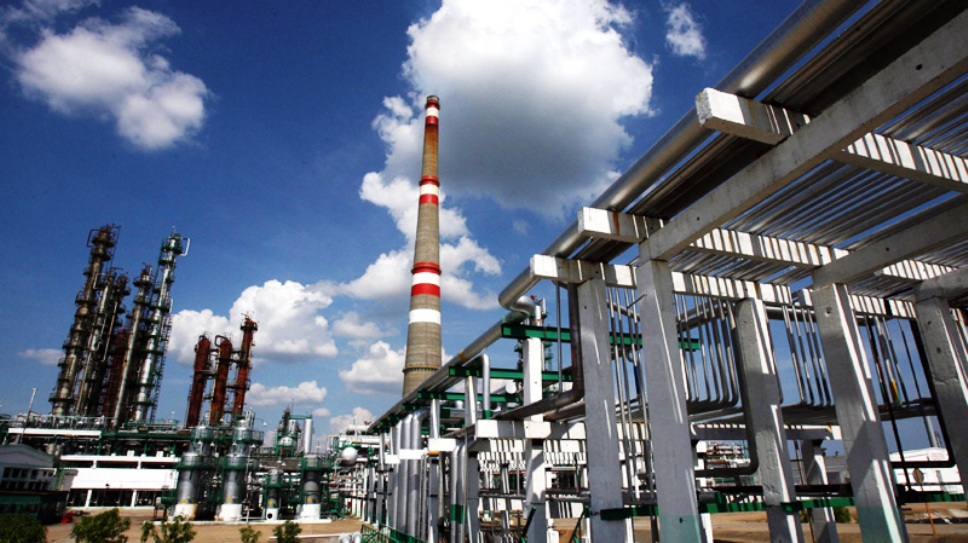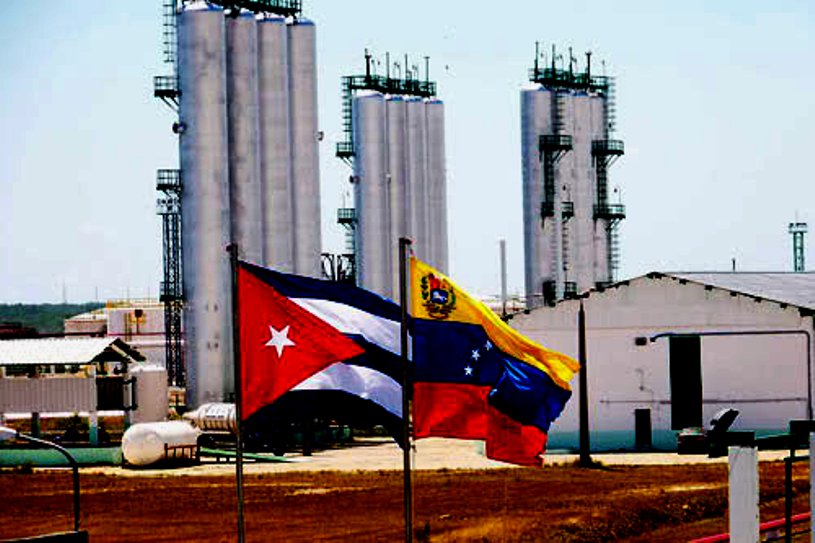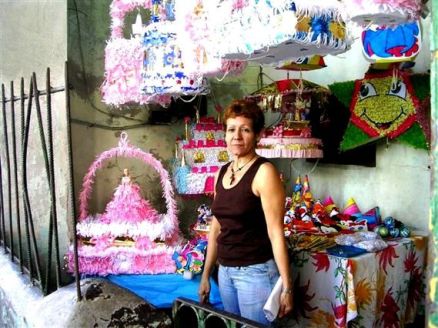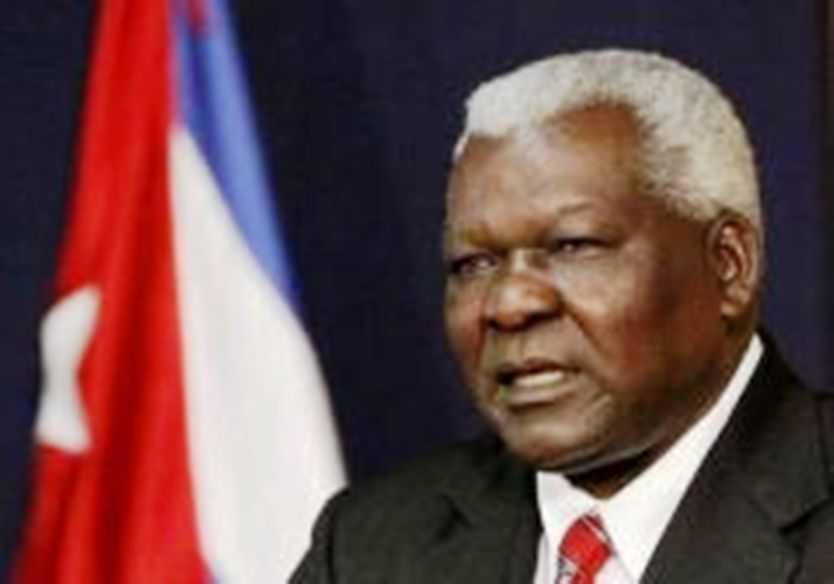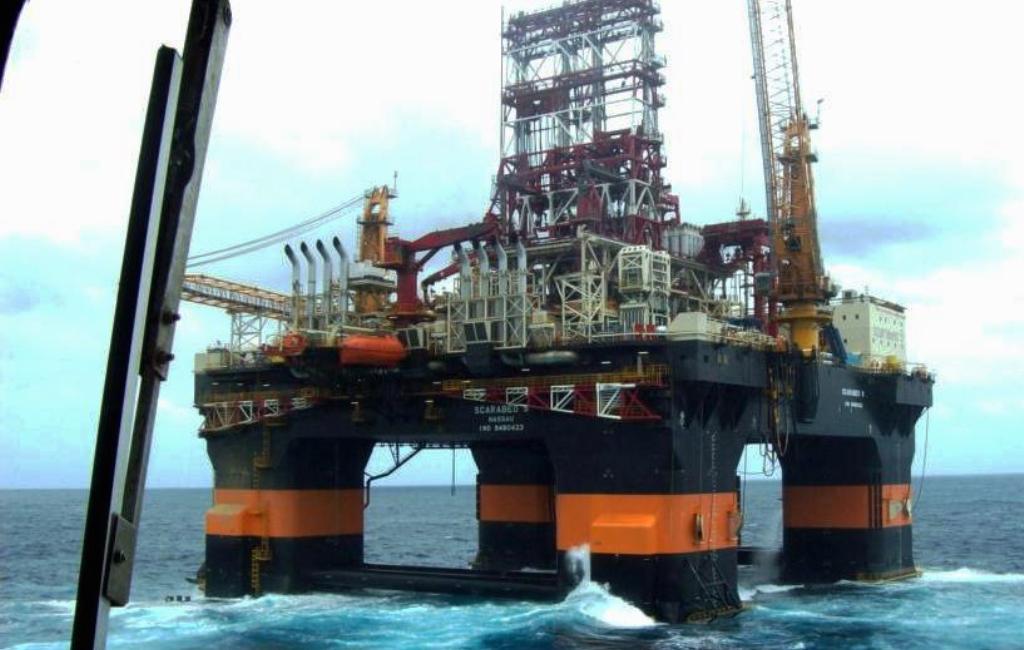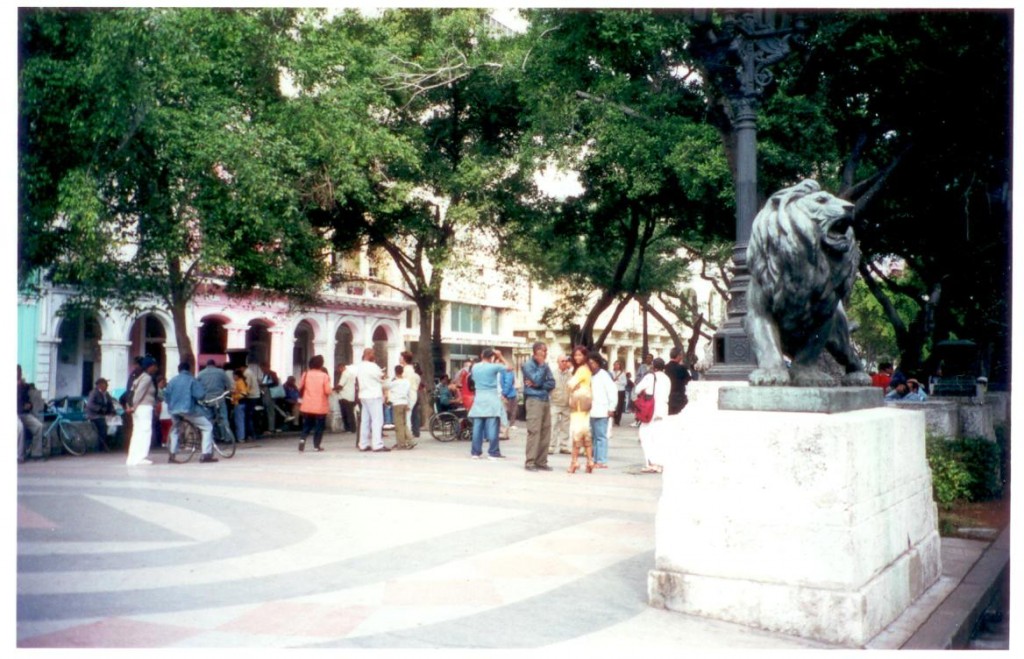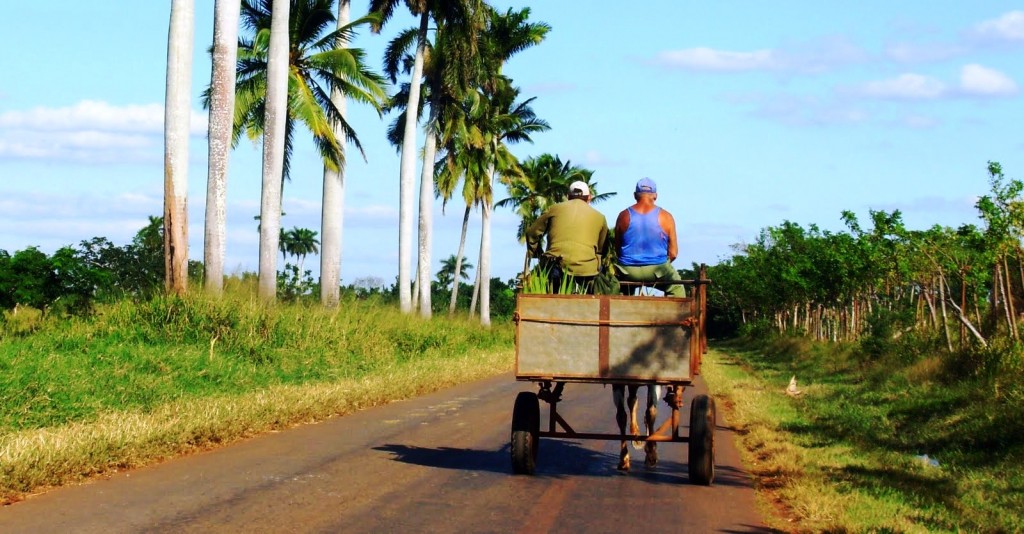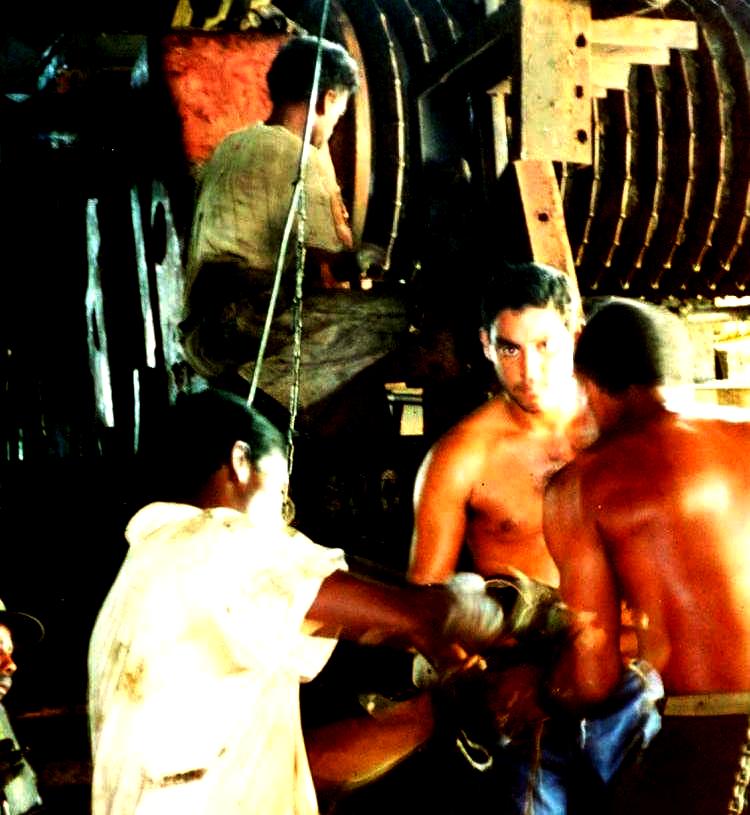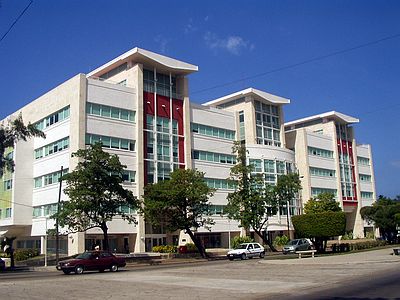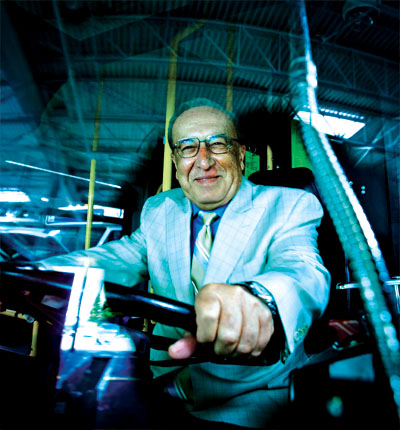Financial Times, May 21, 2012 5:29 pm
Cuba crackdown sees foreign companies exit
By Marc Frank in Havana
Tighter restrictions following President Raúl Castro’s crackdown on state corruption and inefficiency is leading foreign businesses to leave Cuba, jeopardising the investment that his reform programme needs if it is to succeed.
The number of foreign joint ventures in Cuba has now fallen to no more than 240, according to government insiders, versus 258 in 2009, the last official figures available, and more joint ventures have closed than opened since the reform package was approved last April.
One of the latest companies to go is Unilever, the Anglo-Dutch consumer giant, after a 15-year joint venture expired and a dispute over the controlling interest in a new venture could not be resolved, a local manager said, asking not to be named.
At the same time, an offshore oil find that Havana had hoped would lead to increased access to international capital and less dependency on socialist ally Venezuela has so far proved fruitless after Repsol, the Spanish oil company, said late last week that the first of three test wells drilled in Cuban waters had no oil.
It was hoped that sweeping reforms adopted by the Communist party last year would open the way for significant foreign investment. But the government has instead re-examined existing agreements and stalled new projects, foreign business sources said.
Four joint ventures controlled by two Canadian trading firms are in the process of being “liquidated”. The top two executives in a British fund, Coral Capital, which says it has invested $75m in Cuba – much of it in the luxurious Saratoga hotel – are being held, although not charged with any offence, on suspicion of corrupt practices. Another target – Max Marambio, a Chilean businessman and friend of Fidel Castro – fled the country after being charged with corruption last year.
Although Mr Castro’s reform plan promised a review of cumbersome foreign investment procedures, promoters of several golf course projects report they are still waiting for approval, despite government promises to sign off in 2011, as are various companies that have been negotiating sugar ventures since 2006.
A multibillion-dollar plan to expand a refinery in central Cienfuegos and build a petrochemical complex around it, announced years ago, has also yet to materialise.
“I like to think the government is cleaning up the house before opening the front door,” Cuban economist Juan Triana told a gathering of British and Canadian businessmen last week.
One western diplomat said: “Cuba is reviewing the investment terms and some officials have said they want to fix mistakes made when the country first opened up to foreign investment in the 1990s, closing contracts that were not beneficial enough.”
Most experts and diplomats believe Mr Castro’s plans to lay off up to 1m state workers and lift the country out of its economic malaise will fail without large flows of direct investment, or a major oil find in the Gulf of Mexico.
The need for foreign partners is especially acute given the uncertain future of Cuba’s cancer-stricken ally, Venezuelan president Hugo Chávez, who provides the island with some 115,000 barrels of subsidised oil a day and faces a presidential vote in October, which he could lose.
“While it is far from clear what the future holds for Chávez and Venezuela, Cuba must be ready for it,” said John Kirk, a Latin America expert at Dalhousie University in Halifax, Canada.
“Given the continued US will to stymie any access to international lending organisations, the only source of significant capital around is still going to be foreign and private,” he added.
Of the dozen or so multinationals operating in Cuba, Telecom Italia left in 2011 while those remaining include Nestlé (bottled water), Sol Melia (hotels), Pernard-Ricard (rum), Anheuser-Busch InBev (beer), Imperial Tobacco (cigars) and Bouygues Batiment (construction).
If Havana hoped an offshore oil find would strengthen its position, it may now have to think again after Repsol said on Friday that the test well it drilled to 4,500m below the seabed was dry. Russia’s Gazprom and Malaysia’s Petronas will soon drill a second well, and Venezuela’s PDVSA is tentatively scheduled to drill a third. The US Geological Survey has estimated that Cuban waters could contain 5bn barrels of oil.

